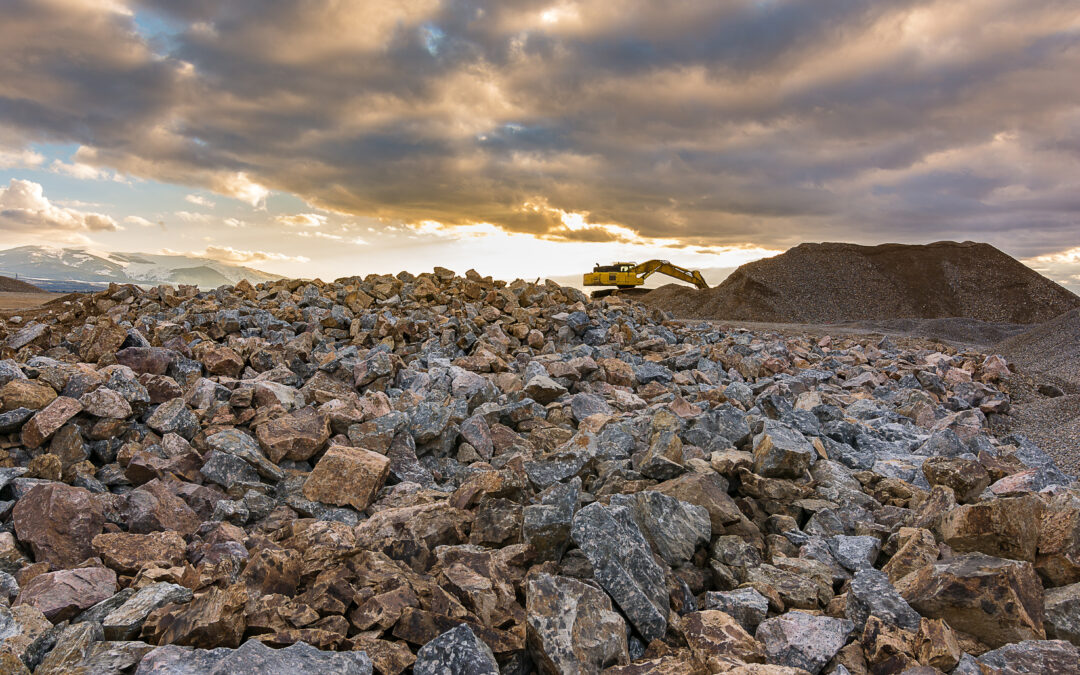Michigan lawmakers have introduced legislation that would transfer permitting and oversight of sand and gravel mines from local governments to the state.
House Bills 4526, 4527 and 4528 were introduced Wednesday, May 3 as a bipartisan package which supporters cast as an effort to shore up a “broken” road construction supply chain they say is being hamstrung by activists opposing projects around the state.
The bills drew swift fire from environmental groups, who accused Democrats of caving to the influence of dark money priorities and reneging on campaign promises to focus on clean energy and environmental protection policy reforms once in power.
The legislation resurrects a multi-year fight to weaken local control over aggregate mining in Michigan, where local township board meetings routinely feature vocal opposition from potential mine neighbors worried about the impact on their surroundings.
“Both parties recognize that there’s a statewide problem with getting the aggregate supply chain moving in the direction that will help the governor fix the damn roads,” said John Sellek, spokesperson for Build it Michigan Strong, a coalition of industry and labor groups which supports moving aggregate mine oversight into state hands.
“What we encounter repeatedly across the state is, ‘Yeah, we want better roads, but we don’t want aggregate mining here,’” Sellek said. “And that’s just not sustainable.”
The bills are sponsored by Rep. Angela Witwer, D-Delta Township; Rep. Tyrone Carter, D-Detroit; and Rep. Pat Outman, R-Six Lakes. Witwer is chair of the House appropriations committee and Carter chairs the regulatory reform committee, where the bills were sent this week.
Six Democrats and seven Republicans are co-sponsors.
Under the legislation, the Michigan Department of Environment, Great Lakes and Energy (EGLE) would assume permitting authority over aggregates, where supporters say it belongs alongside the agency’s existing oversight of oil, gas and minerals mining and development.
Uniform state permitting would ease the path to opening new aggregate mines, supporters argue, which are needed to reduce transportation costs from existing mines to job sites.
This article originally appeared in MLive. To read more, click here.

